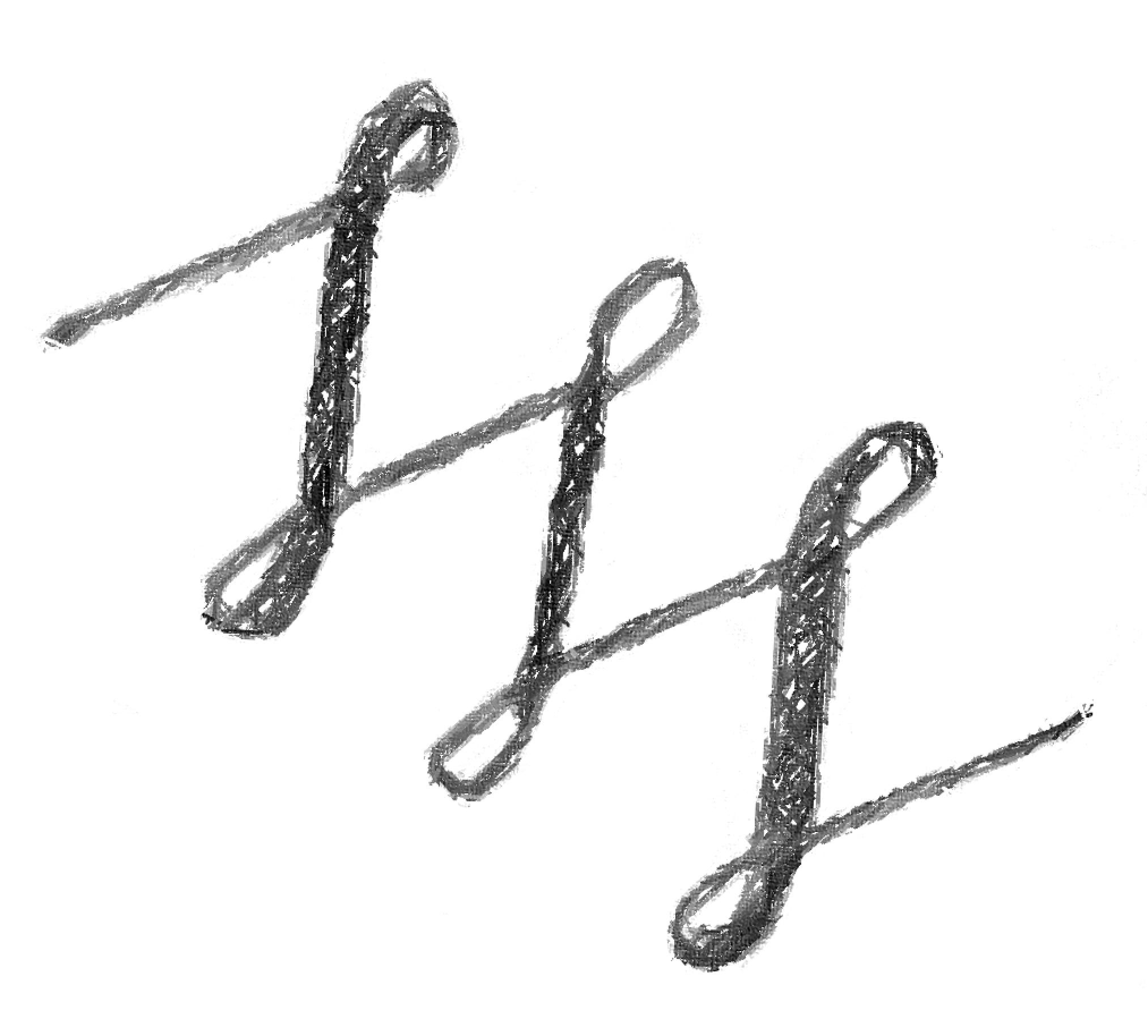Hi all,
Thank you for joining me for this week’s song, “Bread and Roses”, lyrics by James Oppenheim. If you’d like to hear the song before you read the background, I’ve included a YouTube video below the article.
Below, you’ll find my interpretation of the lyrics (written in italics). Comments and questions are welcome. For Japanese students, vocabulary words in bold are provided in Japanese below. TOEFL (PBT) 450+, Eiken 2, CEFR B1.
The Background
(314 words)
International Women’s Day is observed every year on March 8. Today, we learn about a song that was written about a group of women who stood up for their families and against the factory owners where they worked.
After the Civil War (1865), Lawrence, Massachusetts, became an important place for making cloth. In the 1880s, a few big companies monopolized the industry. New technology made it easy for them to use machines instead of people’s skills. The companies brought in workers from Europe, trying to hire people who spoke different languages so they wouldn't join together to ask for more money. By 1912, there were 25 different ethnic groups working in the mills.
Even though the law said children couldn't work until they were 14, the companies sometimes used fake papers so that 10-year-old children could work. Children were often taken out of school to help pay the rent.
The workers went on strike in January 1912 because the company cut their pay by 30 cents a week, which was how much it cost for five loaves of bread. About 20,000 people joined the strike to fight for fair pay. Half of the strikers were women and children.
A poet named James Oppenheim saw the women who were on strike. They were holding signs that said, “We want bread, but we want roses, too.” Oppenheim wrote a poem called “Bread and Roses”. The phrase became famous during the Lawrence textile strike, known as the “Bread and Roses strike.”
These brave women fought for fair treatment and won better pay and extra money for working extra hours.
“Bread and Roses” has since become a powerful message for fairness and respect for women workers all around the world.
There are several melodies for the song and these have been attributed at times to Martha L. Coleman, Caroline Kohsleet, Carolin Kohlsaat, Utah Phillips, and Mimi Baez Fariña.

The Song
(387 words)
The words of the song were written over a hundred years ago, so they might be a little difficult to understand.
The first verse begins with a scene in the morning. We can imagine the sun rising over a factory town. It suddenly shines on the buildings. In this town, however, there is no one at home, the lights are out in the kitchens and also in the factories. This is because the people of the town are out marching, on strike for better working conditions.
As we go marching, marching, in the beauty of the day
A million darkened kitchens, a thousand mill lofts grey
Are touched with all the radiance that a sudden sun discloses
For the people hear us singing, “Bread and Roses, Bread and Roses”

The second verse says why the women are on strike: they are fighting for men because men have to eat as do women and children.
As we come marching, marching, we battle, too, for men
[For they are in the struggle and together we shall win] (this line is in the video version)
For they are women's children and we mother them again
We will not work hard all of our lives like slaves:
Our lives shall not be sweated from birth until life closes
We need bread, but we also need beauty in our lives:
Hearts starve as well as bodies: Give us Bread, but give us Roses
This is an old problem. Many women have lived before us. They worked hard, and they starved because they didn’t make enough money to feed their families.
As we come marching, marching, unnumbered women dead
Go crying through our singing their ancient strive for bread
Small art and love and beauty their trudging spirits knew
Yes, it is bread we fight for, but we fight for roses, too
If women stand together, we can make positive changes in society. We can live in a society where everyone works the same, not just ten workers for one man who is in charge but doesn’t work.
As we come marching, marching, we’re standing proud and tall
The rising of the women means the rising of us all
No more the drudge and idler, ten that toil while one reposes
But a sharing of life’s glories, Bread and Roses, Bread and Roses
Question:
Which women in your country/culture/family do you respect? Why?
VOCABULARY
observe (a holiday) 祝う
monopolize 独占する
mill 工場
fake 偽物
textile (factory) 繊維(工場)
treatment 待遇,処理
fairness 公平性
attributed 帰属
radiance 輝き
struggle 闘争
sweat 汗
starve 飢える
ancient 飢える
strive 努力
trudge とぼとぼ
drudge 苦役
toil 労苦
repose 安息
EXTRA!
The song Bread and Roses was used in the film Pride (2014). It takes place in the UK during the 1980s, a time of the British miners’ strike. A group of gays and lesbians (who everyone hates) collects donations to give to a group of striking miners in an effort to help another group that no one likes.
At first, the miners don’t want anything to do with the gay group, but little by little, they overcome their fear, and the two groups start to cooperate. Bread and Roses comes at a time when the gay group promises to support the miners in their strike.
It’s a beautiful film with a very emotional ending. I highly recommend it.
SOURCES
Bain News Service, P. (1910) Strike Pickets. 1910 Feb (date created or published later by Bain). Retrieved from the Library of Congress, https://www.loc.gov/item/2014684502/. Accessed 27 Feb 2024.
Bread and roses. Zinn Education Project. (2022, April 28). https://www.zinnedproject.org/materials/bread-and-roses-song/ . Accessed 27 Feb 2024.
Hine, L. W., photographer. (1911) Worker in Ayer Mill?.Location: Lawrence, Massachusetts. United States Massachusetts Lawrence, 1911. [September] [Photograph] Retrieved from the Library of Congress, https://www.loc.gov/item/2018675385/. Accessed 27 Feb 2024.
Tax, M. (2022). The rising of the women: Feminist solidarity and class conflict, 1880-1917. Verso.
New! ↘️








Fantastic. I wonder if the group Guns and Roses are so named because they knew of the song, or if it was just an echo overheard but unexplored?
A beautiful, powerful song!